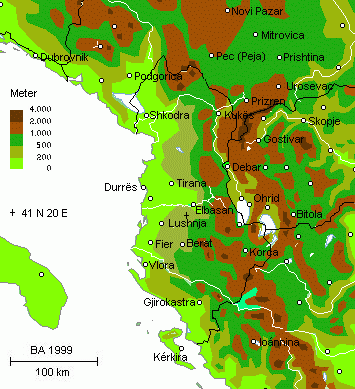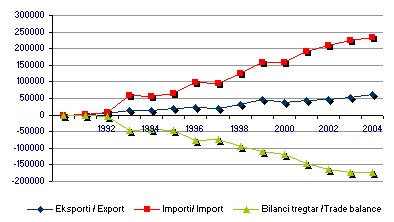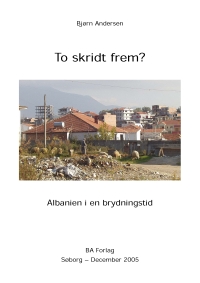Sidste Nyt fra Albanien, Kosóva og Makedonien
The Latest News from Albania, Kosóva and Macedonia
![]()
# 327 - 8' årgang - 08.12.2006
Version 1.0 •
PDF for printing •
Info om »Sidste Nyt« •
Tidligere numre
![]()
Udgiver:
Bjørn Andersen
Publisher:
Bjoern Andersen

Møde om ICTY i København. Tidligere landsdommer Hans Henrik Brydensholt var i årene 2004-2006 dommer ved ICTY. Institut for Menneskerettigheder, Den Danske Helsinki-Komité og Miqësia / Dansk-Albansk Forening holdet 20.11.2006 et møde i København med Brydensholt om ICTY. Referat af mødet kan findes på: http://miqesia.dk/ICTY-2006.htm. Foto: Bjørn Andersen













